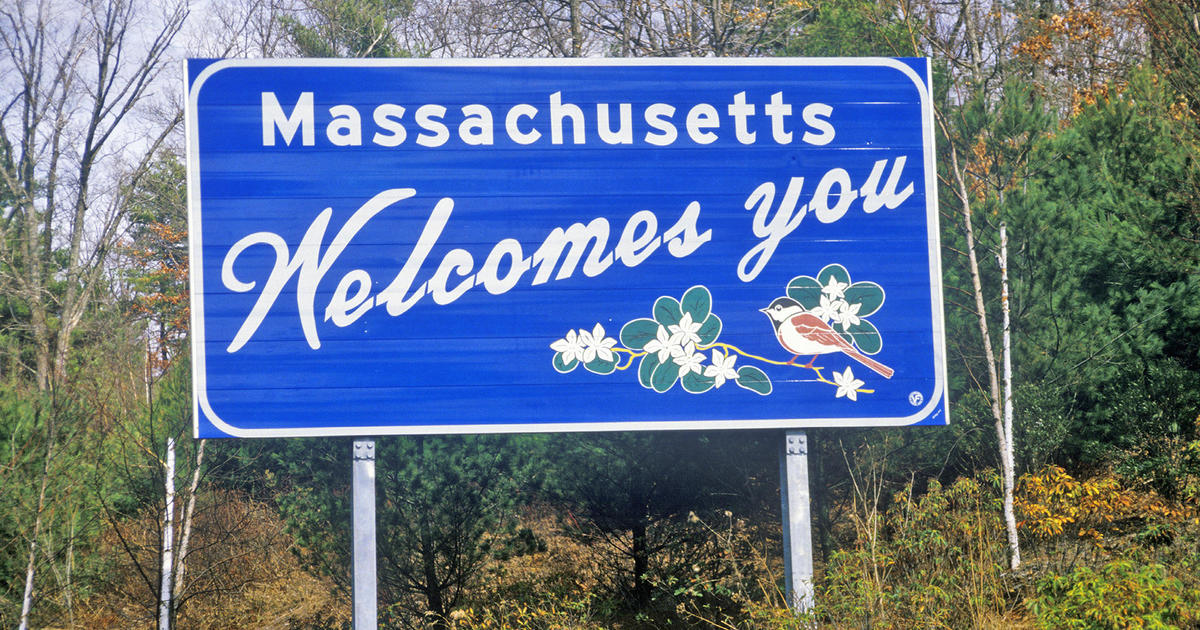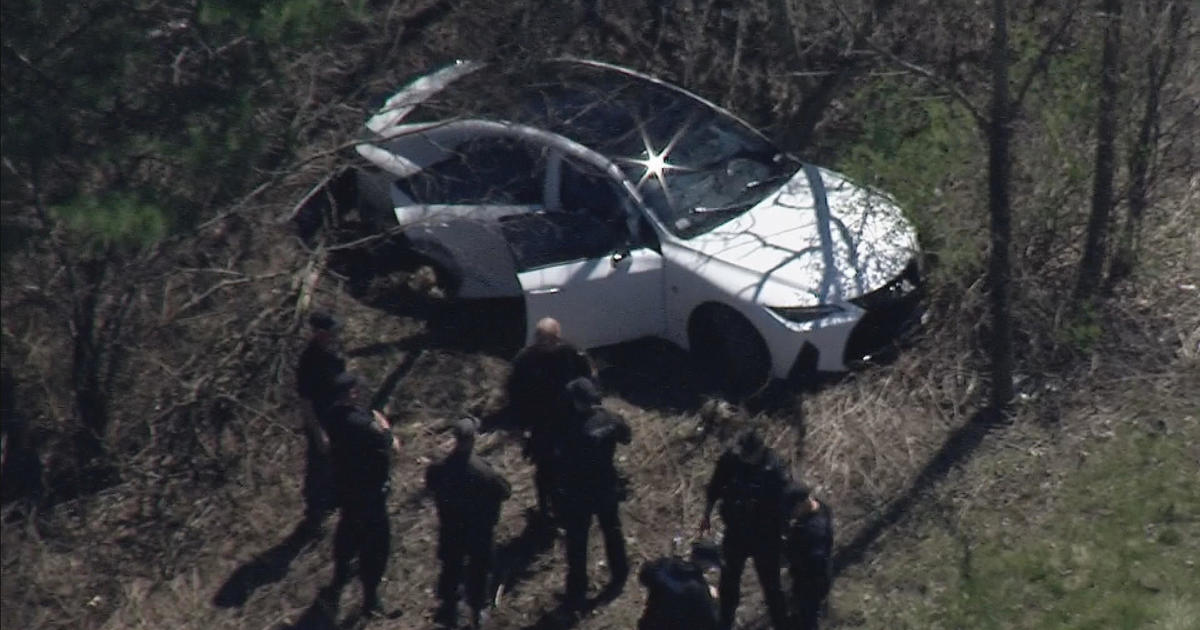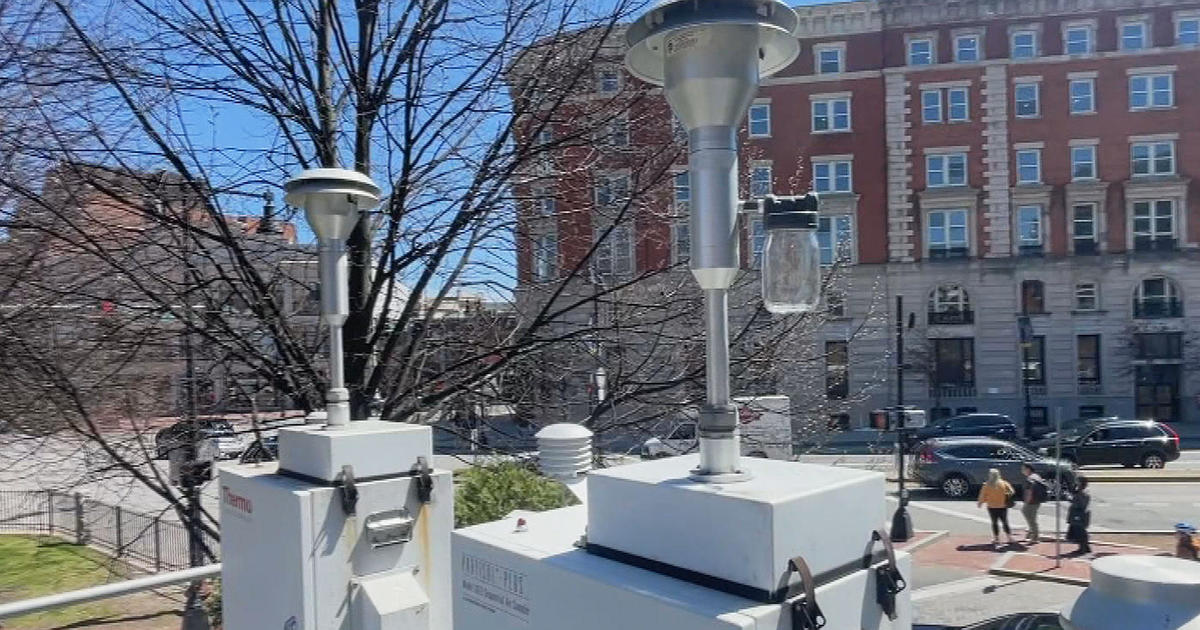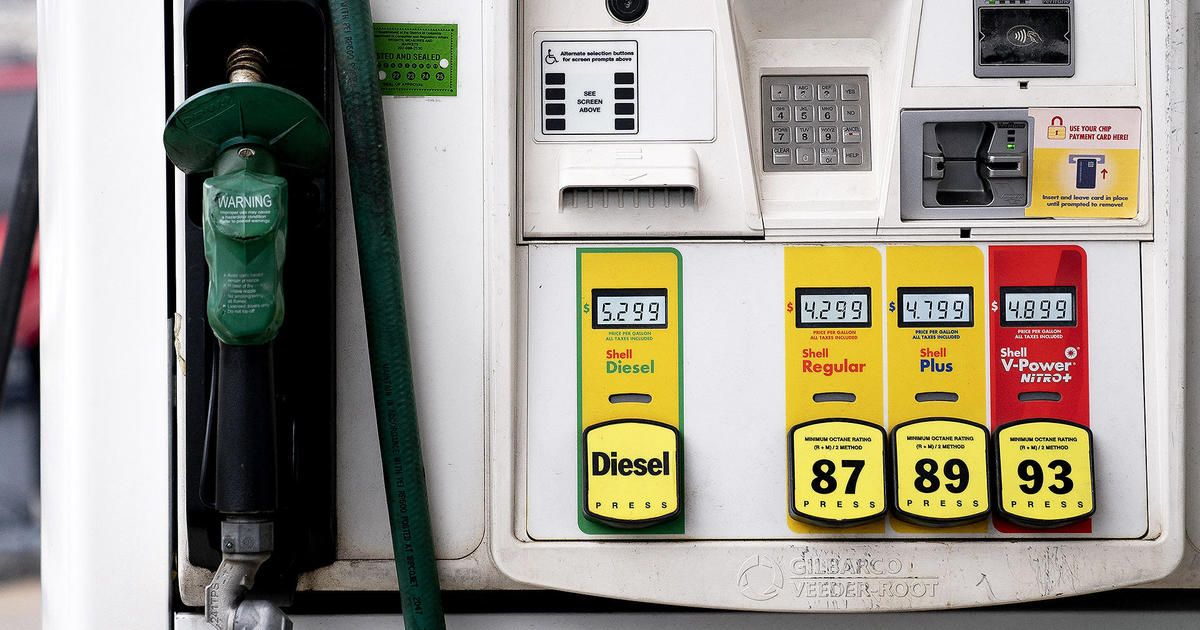Radiation Shows Up In Mass. Rainwater
BOSTON (AP) -- Massachusetts is continuing to keep a close eye on trace amounts of radiation that is showing up in local rainwater.
Gov. Deval Patrick told reporters Monday that even though the low levels of radiation pose no public health threat, the state is monitoring the situation "very closely."
Patrick said the administration decided to release its findings because the public is entitled to the information.
The Massachusetts Department of Public Health said Sunday that the very low concentrations of radioiodine-131 were likely released from the Japanese power plant that was severely damaged by the earthquake and tsunami earlier this month.
Massachusetts commissioner of public health John Auerbach says the radioiodine-131 found in the sample has a short life of only eight days. He says the drinking water supply in the state is unaffected and officials do not expect any health concerns.
"The drinking water supply in Massachusetts is unaffected by this short-term, slight elevation in radiation," said Auerbach.
Officials did not say where the sample was taken. Testing last week of samples from the Quabbin and Wachusett reservoirs showed no detectable levels of I-131, health officials said.
WBZ-TV's Jim Smith reports.
Energy and Environmental Affairs Secretary Richard K. Sullivan Jr. directed the Department of Environmental Protection to collect additional samples for testing from several water bodies across Massachusetts Sunday. Results will be available over the next several days.
Similar testing done in several other states has shown comparable levels of I-131 in rain.
New Hampshire health officials say tests have detected low-levels of radioactivity from a stricken Japanese nuclear plant in snow samples taken in Concord. Dr. José Montero of the Department of Health and Human Services says the amount of radiation detected is at least 25 times below the level of concern, even for infants and pregnant women.
The agency said the sample was taken in the past week and is one of more than 100 around the country. It is part of a U.S. Environmental Protection Agency network that monitors for radioactivity.
State officials say similar testing was done in other states, including California, Pennsylvania and Washington, and showed comparable levels of I-131 in rain. Nevada and other Western states also have reported minuscule amounts of radiation, but scientists say those present no health risk.
WBZ NewsRadio 1030's Laurie Kirby reports.
Podcast
Mounting problems, including badly miscalculated radiation figures and inadequate storage tanks for huge amounts of contaminated water, stymied emergency workers Sunday as they struggled to bring Japan's nuclear complex back from the edge of disaster. Workers were trying to remove the radioactive water from the nuclear compound and restart the regular cooling systems for the dangerously hot fuel.
Company officials initially reported that radiation in leaking water in the Unit 2 reactor was 10 million times above normal, but they later said the huge number was miscalculated.
(© Copyright 2011 The Associated Press. All Rights Reserved. This material may not be published, broadcast, rewritten or redistributed.)



